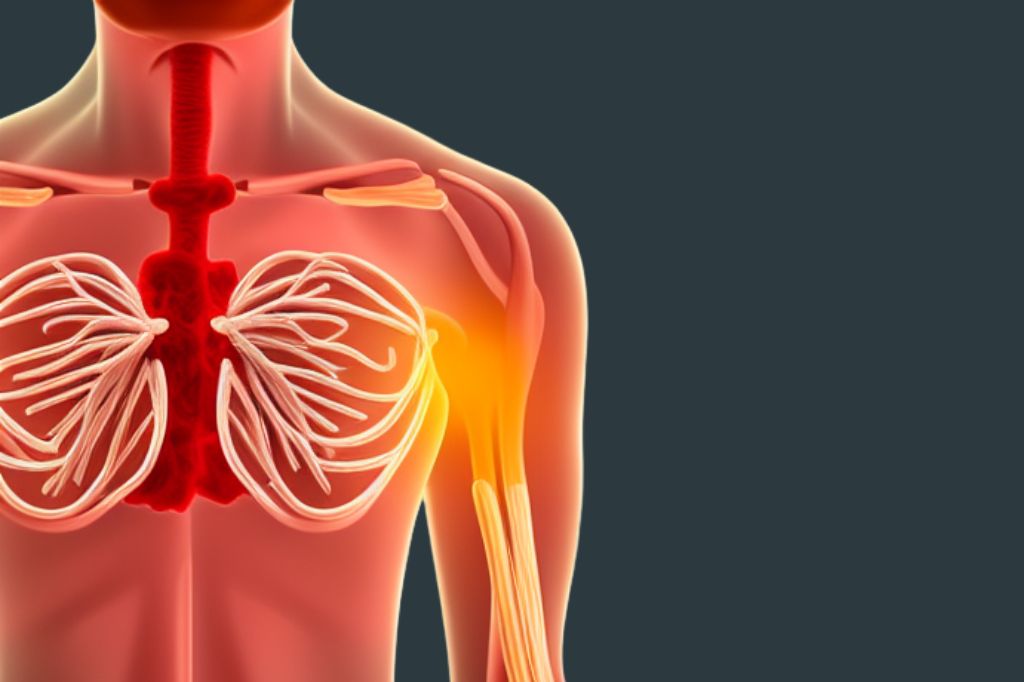10 Ways to Prevent High Blood Pressure
Preventing high blood pressure, scientifically known as hypertension, has become a significant concern for many. This is particularly true as the condition is often dubbed “the silent killer” due to its typically symptomless nature.
Fortunately, there are effective ways to prevent high blood pressure, ensuring you maintain a healthier lifestyle.
The Importance of Blood Pressure Control
According to the CDC, maintaining optimal blood pressure is particularly useful in warding off several health complications.
These include heart diseases, strokes, and kidney problems, especially those who have a genetic predisposition for these issues.
Ways to Prevent High Blood Pressure
1. Maintain a Healthy Weight
Studies have shown that maintaining a healthy weight can significantly prevent high blood pressure.
This means that monitoring your body mass index (BMI) and waist circumference regularly is essential.
Learn how to maintain a healthy weight.
2. Eat a Balanced Diet
In particular, based on the Dietary Approaches to Stop Hypertension (DASH) plan, it is crucial to incorporate plenty of fruits, vegetables, beans, nuts, whole grains, fish, poultry, and low-fat dairy into your diet.
These food groups are particularly useful in preventing high blood pressure.

3. Limit Sodium
Reducing your sodium intake is an effective strategy to prevent high blood pressure.
This means choosing low-sodium alternatives and limiting processed foods.
4. Exercise Regularly
As a result of numerous studies, regular exercise has been generally linked to lower blood pressure levels.
The key to this is ensuring consistency, with at least 150 minutes of moderate exercise per week or 75 minutes of vigorous activity, according to the American Heart Association.
Both aerobic exercises and strength training are effective in this regard.

5. Limit Alcohol
While moderate alcohol consumption may have certain health benefits, excessive drinking can lead to high blood pressure.
Therefore, it’s essential to limit your intake.
6. Reduce Caffeine
Although the link between caffeine and blood pressure isn’t clear, it’s still advisable to moderate your intake, especially if you’re sensitive to its effects.
7. Stop Smoking
Apart from its many other health risks, smoking can also raise your blood pressure and damage your blood vessels, resulting in increased health risks.
8. Limit Stress
Evidence suggests that long-term stress may contribute to high blood pressure.
Hence, it is important to note that finding healthy ways to manage stress, such as taking care of yourself, meditation, or yoga, can help prevent high blood pressure.

9. Limit Saturated and Trans Fats
Finally, reducing your intake of saturated and trans fats can help maintain healthier blood pressure.
Opt for healthier fats, like those found in fish, nuts, and olive oil.
10. Regular Check-ups
Since hypertension often presents no symptoms, regular check-ups are crucial for early detection and prevention.
Conclusion
With these strategies, you can prevent high blood pressure effectively.
However, always remember that these changes may not show immediate effects but rather work over time.
What’s more, these changes also contribute to an overall healthier lifestyle.
So, for most people, adopting these tips can offer multiple health benefits.
As always, consult with a healthcare provider before making major changes to your lifestyle or diet.






